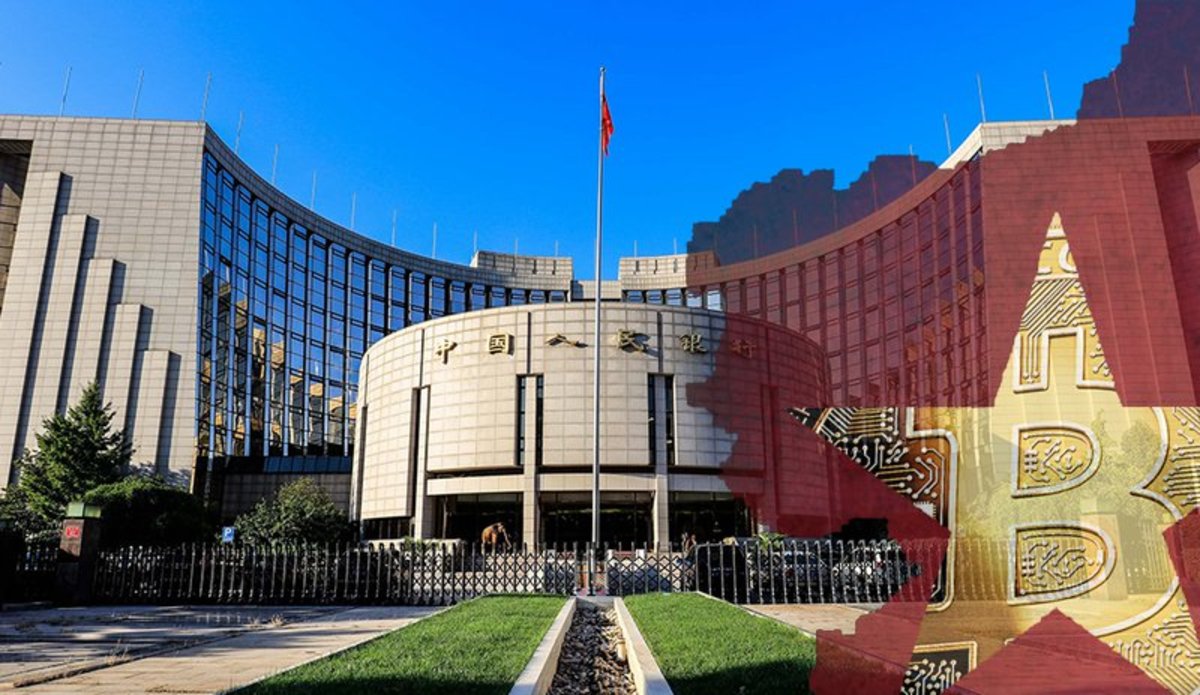
On February 4, 2018, at 10:10 p.m. China Standard Time, Financialnews, a rather small news agency under the administration of China’s central bank, the People’s Bank of China (PBOC), released an article that explicitly stated that “China will continue to watch virtual currency and activities related to it closely, and will take actions including shutting down commercial presences and exchanges within China’s territory to uphold China’s financial stability.”
This is the first time that China has sent a regulation signal to the public through an official channel since September 4, 2017, when the PBOC, the China Banking Regulatory Commission, the China Insurance Regulatory Commission and other state-level government agencies in China issued a joint statement announcing that all ICOs should be regarded as “illegal financing activities.”
More importantly, both the Xinhua News Agency (the state media organ) and the news page of the Chinese government website reposted the news, further confirming its authenticity.
The announcement reads:
“Since the joint statement of September 4, China’s regulator still finds that many Chinese have begun to conduct activities regarding cryptocurrency overseas. Considering the risks of trading overseas that Chinese may face, the regulator will take more measures.
“The risks that have been mentioned by the joint statement still exist: illegal ICOs, fraudulent projects or even Ponzi schemes. If investors are considering projects set up overseas, the risks will be even higher since the losses are very difficult to recover.
“According to the source from PBOC, China’s regulator will adopt a series of regulatory measures including banning related commercial presences and shutting down exchanges at home and abroad to prevent financial risks and to safeguard financial stability. No exchange should be an exception. In the meantime, the possibility of introducing further regulatory measures shouldn’t be ruled out.”
However, it’s not yet clear what those further regulatory measures are, as China is still working to figure out the best ways to regulate the cryptocurrency market.
How Can We Interpret China’s Latest Policy Signals?
As Bitcoin Magazinehas reported, bitcoin trading or cryptocurrency trading can’t simply be banned by any single government due to its decentralized nature. Banning it will only result in uncontrollable OTC trading that might result in more hidden-capital flight. This is the last thing that the Chinese government will want to see; therefore, the policy should be regarded more as a signal to intimidate bad actors and to remind potential investors of all associated risks, rather than interpreting it as the Chinese government’s final attitude toward blockchain technology and innovation.
The tightening of policy is to be expected, not just because current ICO projects tend to lack the requisite transparency in both project information and the financing phase, or because risks related to the security of assets on exchanges abound. The Chinese regulator has also come under fire lately for its slow response in other cases outside of the blockchain industry. For example, it has been criticized for not clamping down on Ezubao — a fraudulent peer-to-peer lending company that inflicted a great financial loss of $7.6 billion on everyday investors in 2014.
Most recently, it has failed to tackle the problem of “campus lending” companies that provide college students with seemingly easy access to loans on the condition that they provide nude photos, which the companies later use to threaten the students to pay back the higher-than-normal interest. News of students who commit suicide because they are unable to pay back the money have been surfacing almost every week.
It is likely that China’s regulator will want to move a step ahead before any such extreme cases can occur in the cryptocurrency industry.
And Then There Is Blockchain Technology …
China’s national strategy and local development plans indicate that China still openly supports blockchain technology. (See our article Op Ed: China's ICO Ban Is Characteristic — Not Catastrophic).
It would appear that the government is still observing whether or not the industry really will live up to its revolutionary promises and is deciding on the best way to encourage innovation while also avoiding speculation risks.
In order for the blockchain industry to succeed, it first needs to win regulators’ trust by actually solving commercial pain points to prove that token-oriented models are feasible, especially by using the token-economy business model. If no project can prove this and tokens still remain a tool of pure speculation, or even cause for financial instability, it remains highly unlikely that the Chinese government (or any other government, for that matter) will soften its regulatory stance.
The onus, therefore, sits squarely on the crypto asset and blockchain community to live up to its promise and deliver the innovation that the modern world needs and expects.










